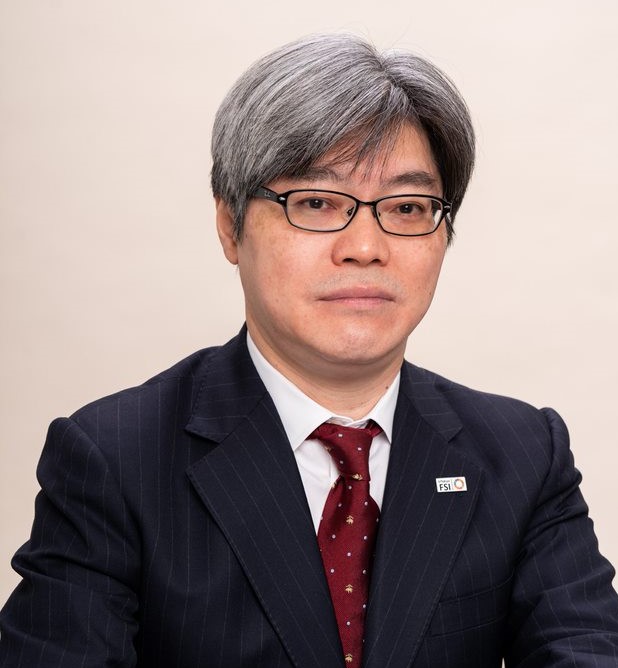
Now, we are in the midst of “double paradigm shifts”: digital transformation (DX) and green transformation (GX). As for digital, unlike road or railway, regional differences in access to ultra-high-speed broadband are relatively small, so it enables every region to overcome physical distances to large markets or information hubs. And as for green, regions have a variety of resources, natural capitals in particular, which can contribute to the creation of a sustainable society. Thus, the imminent paradigm shifts have a potential to mitigate the physical disadvantages of rural areas, and to enhance the ability of regions to create social values. In these contexts, the Japanese government’s National Land Council, for example, has begun discussions toward the next National Spatial Strategy, which has a different character from the former one. In their view, the increasing integration of the physical and the digital will greatly change the nature of our local living areas. We hope to contribute to society by bringing together a diverse range of academic knowledges with the aim of taking advantage of this paradigm shift as an opportunity and linking it to the inclusive regional revitalization and the realization of a society with a high sense of well-being.
From April 1 of 2018, as an official organization of the University of Tokyo, the Collaborative Research Organization for Future Regional Society (FRS) has been established. This organization consists of 11 Departments which are involved in solving regional issues (Graduate School of Arts and Sciences, Graduate School of Engineering, Graduate School of Humanities and Sociology, Graduate School of Agricultural and Life Sciences, Graduate School of Economics, Graduate School of Frontier Sciences, Institute of Social Science, Research Center for Advanced Science and Technology, Center for Spatial Information Science, Institute for Future Initiative, and Institute of Industrial Science). With close coordination across researchers in these Departments, we intend to demonstrate a synergistic effect on the three fronts of research, regional collaboration, and talent (human) development in regards to the future of regional society.
FRS has its administrative office located within the KomabaⅠ Campus and two satellites in Hokuriku (Hakusan City) and Mie. Our aim is to construct a new “Regional Knowledge” by combining the analysis of big data and mapping by GIS (Geographic Information System) and artificial intelligence, and other knowledges obtained from field work. These results will come from researchers in the various fields of Natural Environmental Studies, Geography, Urban Engineering, Agricultural Sciences, Economics, Sociology, Spatial Information Science, Next-Generation Cyber Infrastructure, and other scientific areas. In terms of education, we offer a cross-organizational “Future Regional Society” program consisting of multi-perspectival lectures and fieldwork. In addition, to the increasing demands of regions for human resource development related to data science, deep learning, and entrepreneurship, we will respond by our curriculum and highly specialized contents developed through industry-academia collaboration, and by so doing, we will actively contribute to the creation of “new learning regions”.
Furthermore, sixteen domestic organizations (National Institute of Population and Social Security Research, Kyushu Economic Research Center, Chubu Region Institute for Social and Economic Research, Hamanasu Foundation, Chugoku Regional Innovation Research Center, Hokuriku Industrial Advancement Center, Japan Industrial Location Center, Development Bank of Japan, Kanazawa Institute of Technology Institute for Regional Revitalization and Innovation, Mie University Strategic Planning Office for Regional Revitalization, Fukui Prefectural University Regional Collaboration Division, Nansei shoto Industrial Advancement Center, Hakusan City, Yokkaichi City, Naha City, and Nakaumi・Shinjiko・Daisen Region) have become partner organizations. Starting with joint research and personnel exchange, and through becoming involved in the regional policy development, we hope to become one of the hubs for thinking about a better regional future through practice.
To those of you who have an interest in the inter-disciplinary activities for the future Japan’s regions, we expect you closely follow the activities of our organization, and it is our hope that you become involved in our research, education, and fieldwork.
Ichiro SAKATA
Director of Collaborative Research Organization for Future Regional Society
